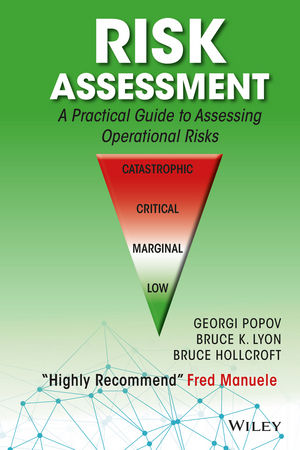Online driver training is a tool to use

Whenever I chat with fleets about CarriersEdge, and what our online training services can offer, I am confident in my replies as the questions are usually standard. Not much stumps me, but when I attended the Mid America Trucking Show a potential client asked me what we say to drivers who feel threatened by our online training. I had been asked that same question 12 years ago, and I remember that I really had to think about how I would respond.
And 12 years later, I still had to think about what my answer would be.
My first thought when I was first asked was “why would a driver trainer have an issue with an e-learning system?” After all, trainers were some of the earliest proponents in the development of e-learning - so why would they feel threatened? However, after mulling the question around, I realized what was going on.
The issue wasn’t that e-learning was a threat to a driver trainer’s job security, but that driver trainers were forgetting what their job entailed. They were grossly undervaluing their time and skills.
When you look at fleets that have yet to implement some form of online driver training, you’ll find driver trainers spending a large amount time giving presentations to rooms full of drivers on an assortment of training topics. If classroom education is a large part of their job, then naturally they’ll feel threatened by the prospect of an online training system.
That shouldn’t be the case, though. Online training is liberating.
It isn’t a driver trainers’ job to stand at the front of room and conduct classroom training sessions on HOS, hazmat or other routine regulatory content. The skills, knowledge and experience that allowed them to become a top performer in the industry are far too valuable for that.
A driver trainer’s job is to take what they know and coach up the drivers in the fleet to become top performers themselves. In other words, it’s their responsibility to build a high performing fleet. It’s up to the driver trainer to identify how they can get the most out of their drivers’ performance and continue to raise the bar of what is expected.
If driver trainers view their job in a different way and realize that e-learning is a tool to help them, they will be able to perform their job more effectively and efficiently. It’s similar to how carpenters use air tools, like nail guns, to complete projects rather than hammering nails manually. Overall, tools in the trucking industry have advanced. Use them and you’ll become more productive.
Drivers can take courses on important topics on their own time – and when it’s convenient. Online training provides clear feedback on what drivers actually learn, as well as documenting what they know and don’t know. With this info, it makes it easier for a driver trainer to assist individual drivers in areas where they need additional help. When that happens, a driver trainer has a “hands-on” approach to training that produces results.
Through increased technology, driver trainers have plenty of tools to work with to pin-point specific areas drivers need extra practice. More often fleets are using dash-cams to show a driver’s on-road performance while many have simulators that let people practice driving in a safe environment. A driver trainer is there to monitor and help the drivers – providing meaningful feedback to help drivers fine-tune their skills.
By focusing on practical training, driver trainers can become more of a mentor to drivers and help with their professional growth. Practical training is valuable to a fleet and can only be delivered by a seasoned expert who knows that fleet’s distinct business environment. They’re invaluable.
Once we point out to driver trainers the intentions of online training, it’s no longer seen as a threat. Delivering routine content to drivers that are half-interested on a regular basis is not all that exciting. Most driver trainers would much rather be out in the yard or on the road with drivers, because they know that can have a much more significant impact on improving the driver’s skill level.
When fleet managers ask me what I would say to a driver trainer about moving training online and out of the classroom, my response is blunt: “Standing at the front of a class all the time is a waste of that trainer’s expertise - they’re far too valuable for that.”
The more we can help with online training delivery, the more trainers can focus on doing what they do best. And, the better the fleet will be as a result.
Source: www.sdexec.com
Looking for a reprint of this article?
From high-res PDFs to custom plaques, order your copy today!








